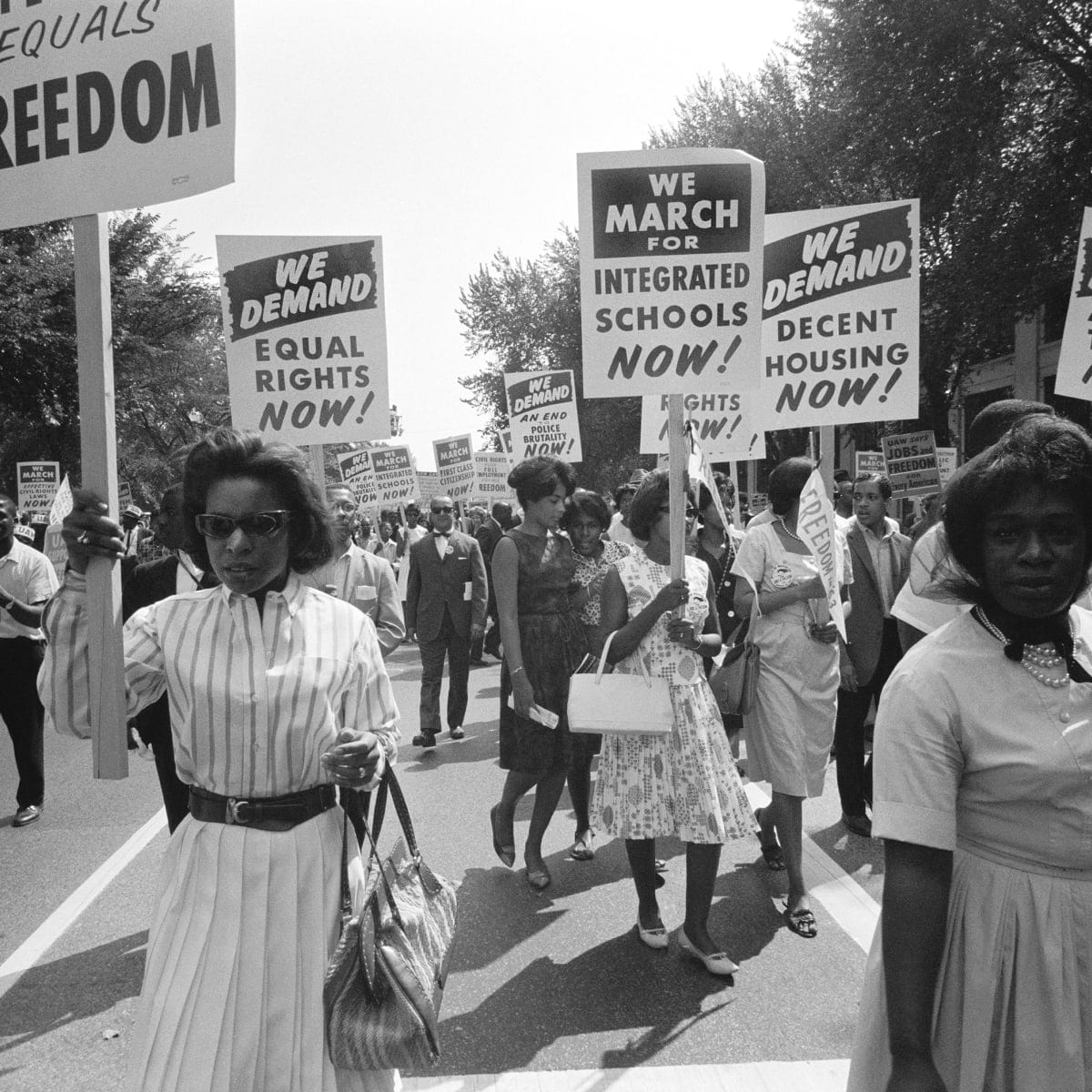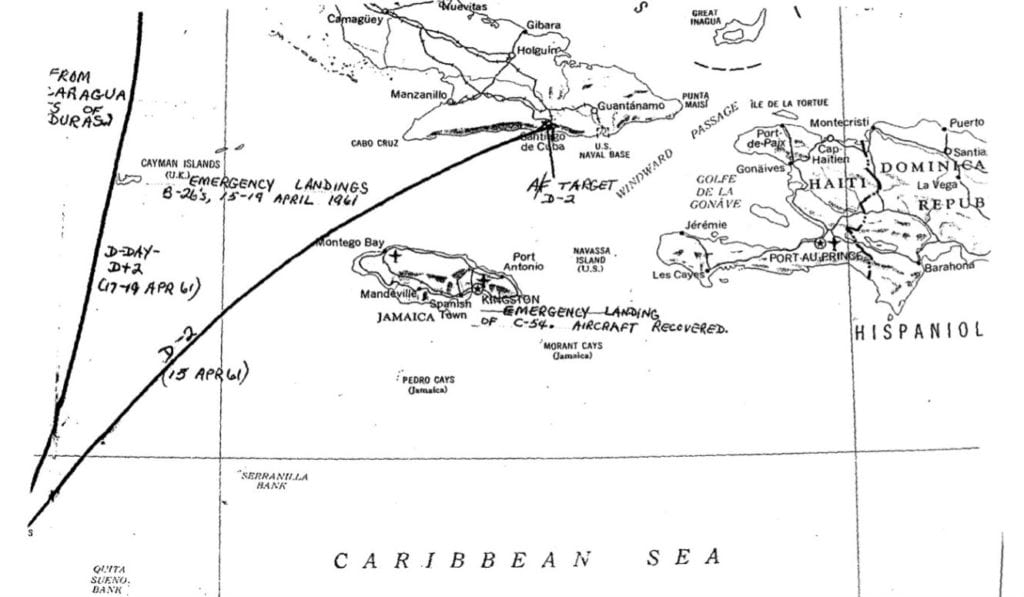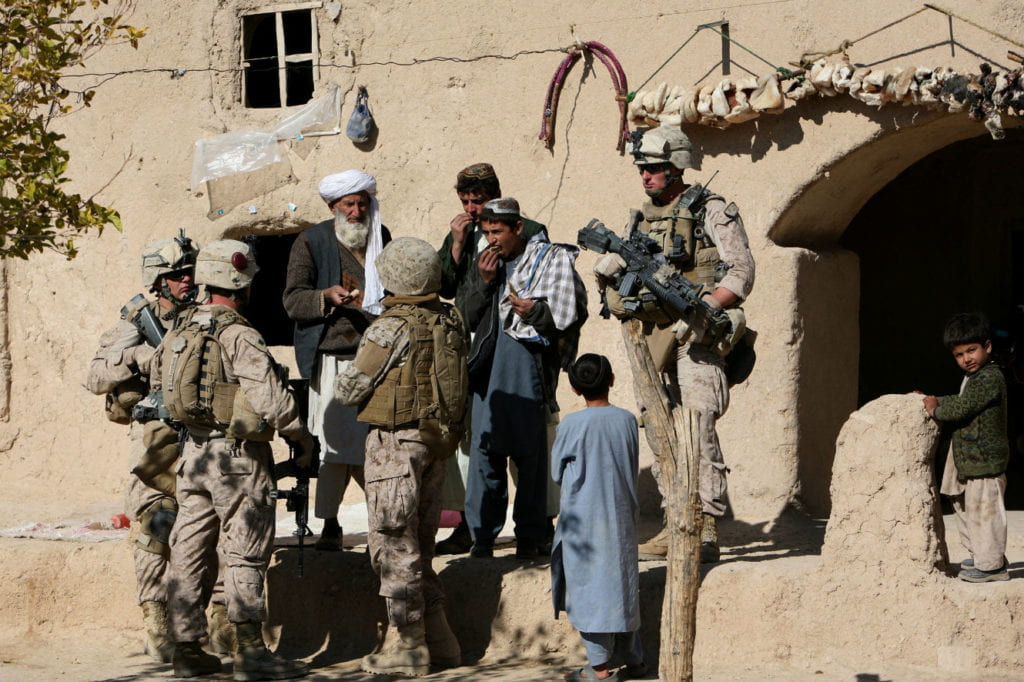Recently I was talking with someone about a interesting question someone had proposed them. The question was, “Say you built a ship, and it was the first of its kind. We’ll say its a pirate ship. Now say every year you take one plank of wood off the pirate ship and replace it with a new plank of wood. With the plank that you took off the ship, you begin to build a new ship. Say 1000 years passes and you’ve successfully removed all the planks and built complete other ship out of the planks of wood you removed from the pirate ship. Which ship is the original?”
The idea of an original event starting something, just seems absurd. The more I learn, the more I realize that history tends to repeat itself quite a bit. I was just thinking about this because today I was discussing the current stock market with someone today. We were talking about how much wood costs right now, an absurd amount. The housing market is in a bubble, its just like everything that I learned back in our first unit about turning points and stock market crash are flashing back to me.
Though this analogy might fit more comfortably with terrorism. Acts of terrorism have tended (I am not a professional, so this is all coming from the research I did) to be built on top of one another. Each act has to outdo the previous to maintain the amount of attention needed for people to respond to their cause. Mr. Hughes brought up a point about the mass shootings (defined by the Gun Violence Archive as: 4 or more people shot or killed not including the shooter LINK) in the US. The news tends to pick up larger events, and so larger shootings tend to end up on the news, but not all of them. From January 1st to May 28th this year there have been 225 mass shootings in the United States alone. As of April 30th 206 people died from mass shootings in the States. Now the pandemic has heightened shootings, as 2020 and 2021 have been really bad. Even now as I google “mass shootings in the United States” articles pop up published 17 hours ago, about shootings that happened today. Theres a fine line between not wanting to hear any more bad news, like choosing to ignore or avoid information like this, but theres also the side that news broadcasters are choosing not to display this 24/7. There has been (on average) more then 1 shooting a day in 2021, so why haven’t we heard about them all? Many news broadcasting companies have only chosen to mention the largest shootings, and to recognize them. The United States Government will fly its flag at half mast when a large shooting has been committed to memorialize those lost. But it doesn’t fly its flag at half mast every day, or for every shooting. These things that I’ve found are interesting, because at the end of the day the recognition of a shooting only comes when its larger then average, and when the average is increasing at a steady pace, it just looks like exponential growth.
So I guess bringing it back to “what is original”, my conclusion is that if something was original you would never be able to find it because it would become buried under the exponential amount of people doing the same thing. For the ship analogy it means that the original ship must be the one that wasn’t made last.











